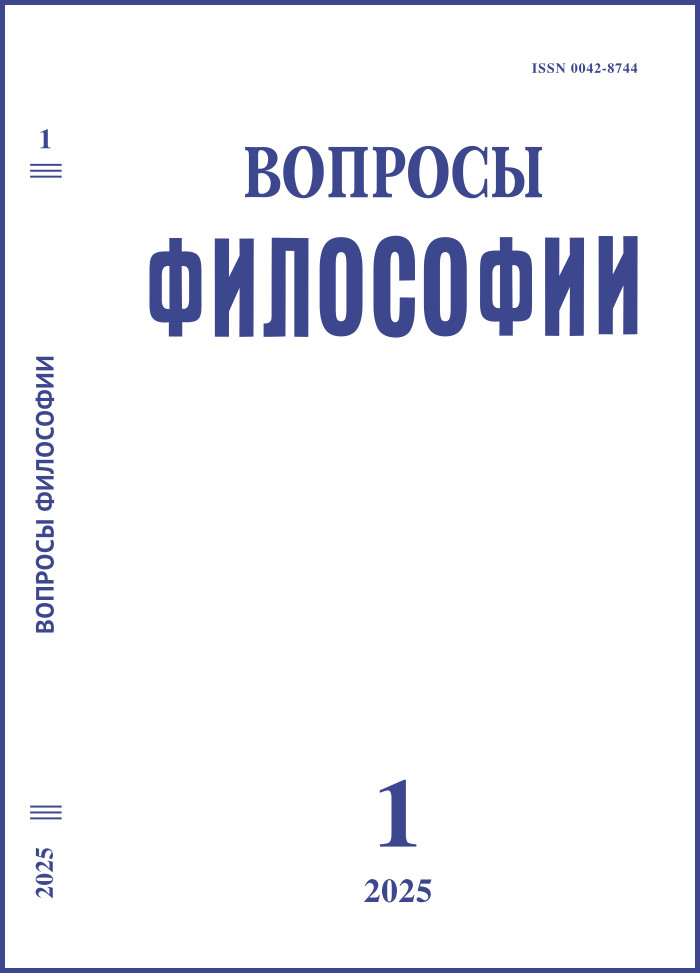Philosopher vs Theologian: Philip Melanchthon’s Compromise on God’s Grace
DOI:
https://doi.org/10.21146/0042-8744-2025-1-164-173Keywords:
Melanchthon, Preceptor, Luther, Erasmus, philosophy, theology, grace, reason, science, religionAbstract
The article delves into the interplay of philosophical and theological tenets within the scientific exploration of the world by Philip Melanchthon (1497–1560), a German reformer, confidant, and comrade of Martin Luther, who remained relatively obscure in Russia until recently. Surveying the diverse landscape of conflicting opinions regarding the scholar’s alignment with either philosophy or theology, the author uncovers Melanchthon’s conceptualization of truth in an anthropological context. This is substantiated by his belief that humans, equipped with a potent and equitable mind akin to a Divine Being, possessing heuristic capabilities, can attain not only divine grace but also earn it through their own merits. Consequently, the ethical underpinnings of biblical theology, during the tumultuous era of the Lutheran Reformation, were compelled to intersect with moral philosophy enriched by discoveries in natural philosophy. The novelty of this study lies in delineating two distinct modes of Melanchthonian world cognition (philosophical and theological), harmonized on the bedrock of elevated morality.

